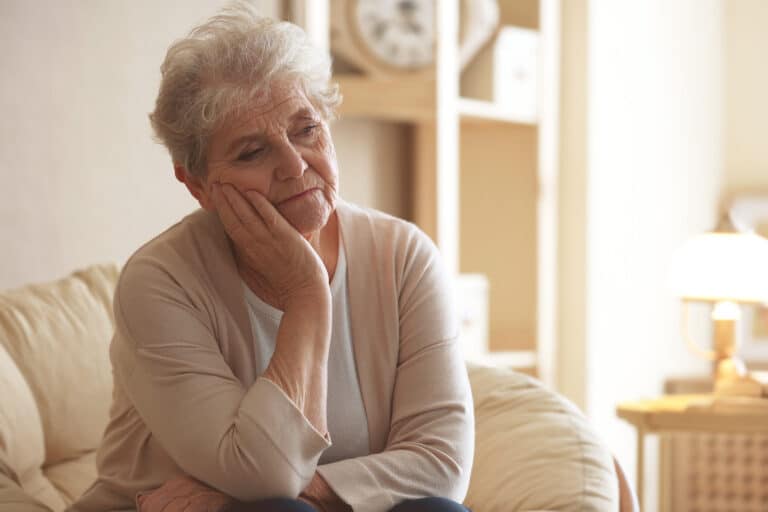Our digestive system goes through many changes as we get older. This happens for a number of reasons. It can be just a part of aging. It can also be caused by the lifestyle we have led or by the medications we have taken. The problem is this – How does a person know if these changes require treatment? Here is some important information regarding bowel changes that can help you decide if your elderly loved one needs to see a doctor.
Digestive Issues in Elderly Adults

Many elderly adults have issues with their circulation system not working properly. Some elderly adults have constricted blood vessels, low blood pressure, and are at risk of blood clots. These health issues can make it more difficult for a person’s blood to reach their gut which can create digestive issues. For instance, Ischemic disease is sometimes caused by the lack of blood flow to the bowels. In addition, if your elderly loved one is experiencing loss of bowel control, there might be damage to the muscles near the anus.
Many bowel changes in elderly adults are caused by medications. Painkillers are at the top of this list. They tend to slow down a person’s digestive tract system. Some medications can cause stomach ulcers and gastrointestinal bleeding, as well. If your elderly loved one ever notices any blood in their stools, they should seek medical assistance immediately.
Elderly Adults and Bowel Obstructions
Many elderly adults are at a higher risk of obstructions in their bowels. This is normally due to a bowel impaction which can be caused by hardened stools. Sometimes a person’s stool gets stuck in their rectum or colon and this causes an impaction. When this occurs in the elderly, it could be a sign that the person has bowel problems. For instance, sometimes regular constipation can lead to the occurrence of an impaction. It is important to understand that if left untreated, bowel obstruction or impaction can be fatal. Some symptoms of a bowel obstruction include the following:
- Trouble breathing
- Fever
- Dehydration
- Confusion
- Nausea or vomiting
- Diarrhea
If your elderly loved one has a bowel obstruction, they might also have an irregular heartbeat. If you notice your loved one has any of these symptoms, it is essential to get medical help immediately.
Bowel Change Preparation Tips
Some bowel changes are due to inactivity. You and your loved one’s home care providers should make sure your loved one stays active. This can help to keep their digestive system healthy. Encourage them to get up and move around throughout the day. Go for short walks with them around the yard. Your elderly loved one should also try to eat healthy foods and get enough sleep every night. These things help promote good bowel movements which can keep the digestive tract functioning properly.
Conclusion
There are many things that can cause bowel changes in elderly adults. The best way to help them is to encourage them to eat a healthy diet, do your best to make sure they get a good night’s sleep, and encourage them to exercise.
If you or an aging loved one are considering hiring Home Care in Columbia, SC, contact Heart of the Carolinas Home Care at 864-991-3116. Providing Home Care Services in Greenville, Simpsonville, Greer, Anderson, Spartanburg, Mauldin, Seneca, Laurens, Charleston, Columbia and the surrounding areas.
Sources
https://www.ncbi.nlm.nih.gov/pmc/articles/PMC4325863/
https://www.nutrition.gov/topics/diet-and-health-conditions/digestive-disorders
- Home Care Assistance Helps Seniors After A Fall - April 9, 2025
- How Home Care Supports Seniors Who Are Hard of Hearing - March 28, 2025
- Why Seniors Should Consider Companion Care At Home - March 10, 2025

